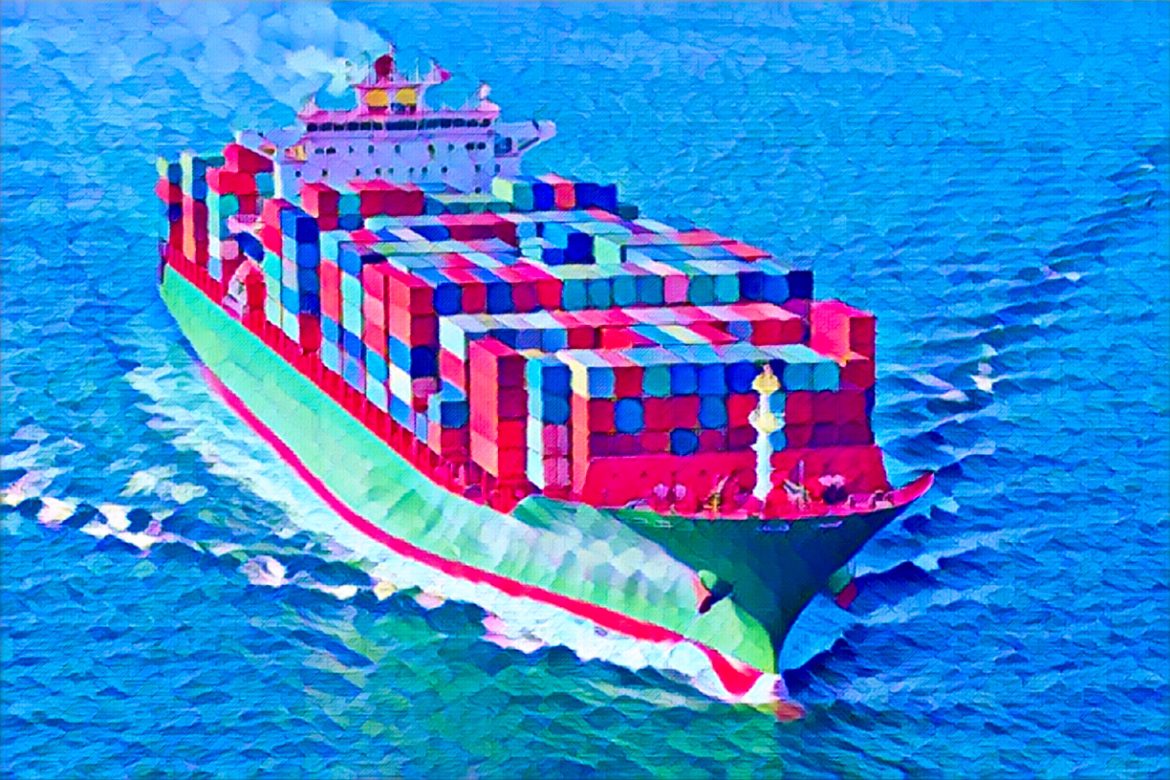KEY POINTS
- Nigeria’s economy remains highly dependent on oil exports.
- Weak infrastructure and high costs limit non-oil export competitiveness.
- Financial barriers hinder the growth of small and medium exporters.
Despite government policies aimed at encouraging growth in non-oil sectors, Nigeria’s economy continues to struggle with an over-reliance on oil, which in recent years accounted for nearly 88 percent of its export revenue.
This dominance limits economic resilience and exposes the nation to shocks to the global oil price. Here, we emphasize the need for Nigeria to diversify its export portfolio and create a more sustainable foundation for growth.
Overreliance on oil exports limits growth potential
Nigeria’s economy is extremely vulnerable to changes in international markets due to its continued reliance on oil. Despite a little increase in 2023, non-oil exports still make up a modest portion of global exports.
The potential of initiatives to strengthen other industries, such as manufacturing and agriculture, has not been fully realized. Many people think Nigeria cannot attain sustainable economic growth if its export industry is not diversified.
Although experts acknowledge that the recent decision to float the naira was a start in the right direction toward increased competitiveness, they contend that further policy assistance is required to observe quantifiable effects.
Infrastructure gaps and financial access hinder non-oil exports
The expansion of non-oil exports is nevertheless impacted by inadequate infrastructure and a lack of funding for exporters. Important industries like manufacturing and agriculture are impacted by high export costs, erratic power supplies, and delays in transportation.
Due to high interest rates and complicated lending procedures, SMEs, which make up a significant portion of the non-oil export market, find it difficult to obtain finance.
Stakeholders in the industry want easier access to financing options such as venture capital or trade-focused loans, and they also suggest increased infrastructure spending to boost competitiveness.
Regional trade opportunities blocked by bureaucracy and logistical issues
Nigeria continues to underutilize its potential to increase its exports inside Africa. Despite the African Continental Free commercial Area’s (AfCFTA) promise of more seamless commercial flows, logistical difficulties and regulatory obstacles still exist.
Bureaucratic barriers cause delays for Nigerian exporters at borders, which affects trade within the Economic Community of West African States (ECOWAS).
Nigeria’s economy might gain from resolving these problems since it would lessen its need on Western markets and establish steady revenue streams for non-oil products like cashews and cocoa.


